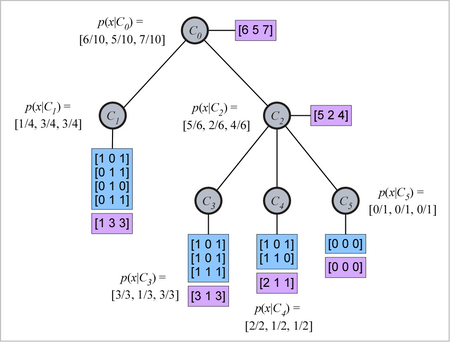Another packed lecture from David grant for Systems Analysis and Design yesterday. The first half was a completion of last weeks unfinished lecture on Systems development methodologies. We had a more in depth look at the Object Oriented Approach and its associated methodologies, primarily iterative/spiral which is the current trend. Extreme Programming, The Unified Process and Agile Modeling (a hybrid of the two former) came next. I had not realized previously that my work place utilizes Agile Modeling with SCRUMs and SPRINTs, another timely point that related directly to my job came about when David mentioned that the Agile model would only be successful with experienced, self managing developers (haha … :|). From this lecture I became a little more confused on the distinction between models and methodologies. I recall David mentioning something on the differences but that has escaped me and when looking at wikipedia’s explanation (wiki link) it appears that they are basically substitutable terms;
‘The framework of a software development methodology consists of:
* A software development philosophy, with the approach or approaches of the software development process
* Multiple tools, models and methods, to assist in the software development process.‘
I have found the lecture and course work structure very good for this subject as it uses a consistent process; Introduction of broad concept -> Introduction of Practices -> Analysis of Practices which feels to me like conceptual clustering.

Speaking of which, following the introduction to Extreme Programming, The Unified Process and AGILE modeling, we looked at them in further detail:
Pearl of the week – Object Oriented Methodologies
- Extreme Programming – Lightweight, efficient development process, utilizing informal stories and programming pairs. This methodology relies on heavy user involvement and continuous testing and integration.
- Unified Process – Object Oriented, uses UML, based on (but labels 4 phases) of SDLC and Reinforces six best practices
- Agile Modeling – Hybrid of XP and UP, uses Interactive and Incremental modeling. Really a logical evolution of XP and UP based on practical feedback.
The mysterious CASE tools,where introduced again in this lecture but again not covered in detail. I imagine this is because we need to understand all of the concepts in detail before using the tools but by mentioning them the topic it will not feel entirely new when we get onto it.
We completed the previous weeks lecture back on the SDLC getting some revision on the first of the 6 phases [PADIS], Planning.
Steps of the Planning phase
- Defining the Problem
- Confirming Feasibility [POSTEL]
- Launching the Project
The current weeks lecture was a bit shorter and focused on phase 2 of the SDLC [PADIS], Analysis and Requirements Gathering. The key outcome of which was how System Requirements should be compiled; through review of documentation, interview, observation, prototypes, questionnaires, vendor research and joing application design sessions. Most of the Analysis phase is quite intuitive:
- Gather information
- Define System Requirements
- Prioritize System Requirements
- Prototype for feasibility and discovery
- generate and evaluate alternatives
Also mentioned in the lecture was Business Process Re-engineering however this practice is now becoming more modular and should be driven by the business management (although a systems analyst would provide suggestions or plant seeds as the case may be).
In the tutorial we spent about 35 minutes on the Malcolm Gladwell talk, but the points where valid concluding that Systems design must pay great mind to humanistic aspects and influences.
We will start our assignments next week which should further reinforce what we have covered thus far.